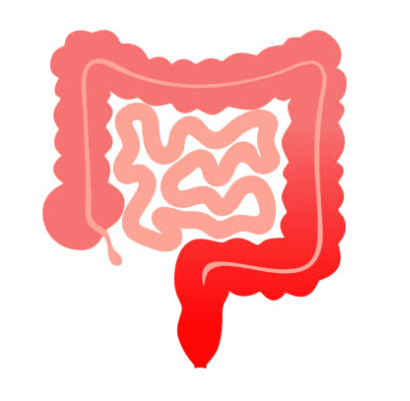What Causes It?
Immune system malfunction where the body attacks its own digestive tract
Genetic factors and family history of IBD
Environmental triggers such as certain microbes, dietary factors, or medications
Alterations in the gut microbiome (the bacteria that live in the digestive tract)
Smoking (particularly a risk factor for Crohn's disease)
Stress (may trigger or worsen symptoms, though not a primary cause)
Certain medications like NSAIDs that may trigger flare-ups in susceptible individuals
Age (most commonly diagnosed before age 30)
Ethnicity (more common in Caucasians and people of Ashkenazi Jewish descent)
Urban living environments
Signs & Symptoms
Abdominal pain and cramping
Persistent diarrhea, often with blood or mucus
Fatigue and reduced energy levels
Unintended weight loss
Reduced appetite
Rectal bleeding
Urgent need to move bowels
Feeling of incomplete bowel evacuation
Fever during active inflammation
Night sweats
In Crohn's disease: mouth sores, anal fissures, or fistulas
Extra-intestinal symptoms: joint pain, eye inflammation, skin disorders, liver problems
